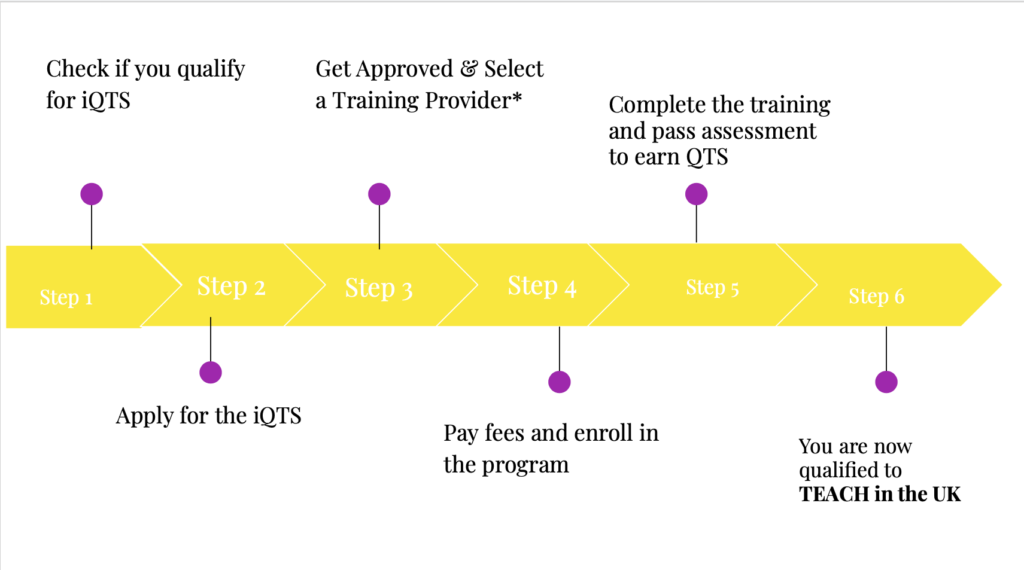Protecting Your Information Against Cybercriminals During your Immigration Process

The immigration process can be a life-changing journey, but it’s important to navigate it with caution, especially in the digital age. Cybercriminals are constantly seeking opportunities to exploit sensitive information for illicit purposes. Protecting your personal data during the immigration process is paramount to ensure the safety of your identity and privacy. This article aims to provide you with valuable tips to safeguard your information and mitigate the risk of falling victim to cybercriminals.
- Be cautious with online communication:
During the immigration process, you may need to interact with Kentucky Consular Center and/or U.S. Embassy at your local jurisdiction. Exercise caution when sharing personal information via email, messaging apps, or online forms. Verify the authenticity of the recipient’s email address or website before sharing any sensitive details. Use secure communication channels whenever possible, such as encrypted messaging apps or secure online portals provided by official immigration entities.
- Strengthen your passwords:
Create strong, unique passwords for all your online accounts related to immigration matters. A strong password should be lengthy, combining uppercase and lowercase letters, numbers, and special characters. Avoid using easily guessable information like your birthdate or family members’ names. Implementing a password manager can help generate and securely store complex passwords for all your accounts. Kentucky Consular Center and sometimes your local U.S. Embassy might be communicating with you via email and it is important to ensure that your email account is secured by implementing a stronger password.
- Beware of phishing attempts:
Cybercriminals often employ phishing techniques to trick individuals into revealing their personal information. Be cautious of suspicious emails, messages, or phone calls asking for your immigration details or login credentials. Avoid clicking on links or downloading attachments from unverified sources. When in doubt, contact the relevant immigration authorities directly through their official channels to verify the legitimacy of any requests. Inspect the sender’s email address to ensure that it comes from a trusted source.
- Secure your devices:
Ensure the security of your devices by keeping their operating systems, apps, and antivirus software up to date. Enable automatic updates to ensure you have the latest security patches. Use reputable antivirus software and perform regular scans to detect and remove any malware or malicious programs that may compromise your data.
- Guard against vishing attacks:
Vishing, or voice phishing, is a tactic used by cybercriminals to deceive individuals over the phone and extract sensitive information. Be cautious when receiving calls related to your immigration process. Never share personal details, such as your social security number or financial information, over the phone unless you initiated the call and are confident about the legitimacy of the recipient.
Remember that legitimate organizations will never ask for sensitive information over an unsolicited phone call.
Verify caller identity:
If you receive a call requesting sensitive information, always verify the caller’s identity before sharing any personal data. Ask for the caller’s full name, department, and a call-back number. Use official sources, such as the official website or contact details provided by the immigration authorities, to cross-verify the information you received. This helps ensure you are speaking with a genuine representative.
6. Regularly monitor your accounts:
Stay vigilant and frequently monitor your immigration-related accounts for any suspicious activities. Regularly review your bank statements, credit reports, and transaction histories to identify any unauthorized or fraudulent transactions. Promptly report any discrepancies or suspicious activities to the relevant authorities.
Protecting your information during the immigration process is crucial in safeguarding your identity and privacy. By adopting proactive measures such as secure communication practices, strong passwords, and being cautious of phishing attempts, you can significantly reduce the risk of falling victim to cybercriminals. Additionally, maintaining device security, encrypting sensitive data, and monitoring your accounts help ensure a secure immigration journey. Stay informed, be vigilant, and take proactive steps to protect your information, allowing you to focus on your immigration goals with peace of mind.



